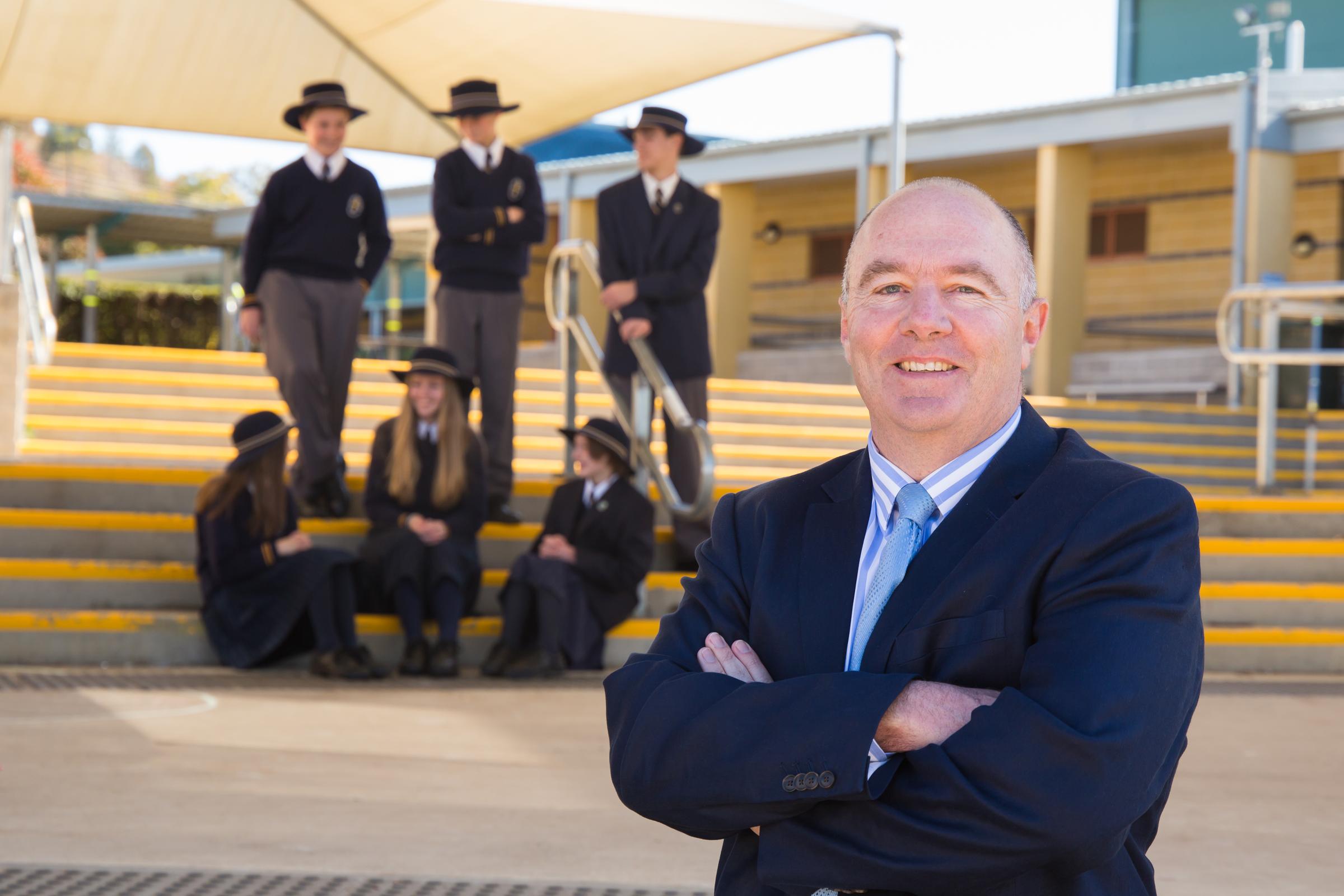Assistant Principal - Pastoral Care

Valuing Learning
As humans, we often underestimate the value or importance of something until we lose it. For instance, as Australians, you often hear people complain about elections and politicians – but if the government decided to not hold elections or to make it that only people with brown eyes could vote, most people would be up in arms, and would not tolerate the loss of this fundamental right. Similarly, it has been the simple things that we take for granted that people have been most upset at losing or being denied during the COVID lockdowns and restrictions – visiting family members, going on holidays interstate, going out for a meal, playing sport, celebrating weddings and funerals – none of us contemplated losing these everyday experiences two years ago. It takes an event such as a pandemic or the invasion of Ukraine to remind us how fortunate we are to live in Australia – where our fundamental human rights, for the most part, are usually safe and secure unlike many other places in the world.
So what is the relevance of this reflection? I tend to feel that many students take their fundamental human right to be educated for granted. In truth, some actually see it as a burden, an imposition designed purely to ruin their day. Thus whilst some of our young people begrudge the opportunity to be educated, over 260 million children worldwide won’t receive an education this year. Instead, for them, they only have crippling poverty, abuse, exploitation and hardship to look forward to. Child prostitution, sweat shop labour or combing the rubbish tips for scraps and morsels. Every five seconds a child under fifteen will die living in these conditions. Six hundred and ninety six children will die in the time our students spend one period in class at McCarthy. Imagine lining those coffins on the oval.
In 2012, a 15 year-old Pakistani girl, Malala Yousafi was targeted by the Taliban for assassination. Why was a 15 year old girl considered a threat? Because she had the audacity, the temerity to demand that girls had the right to be educated like boys. And so, on the 12th October 2012, Taliban gunmen stopped her school bus, asked for her to identify herself otherwise they were going to execute every girl on the bus. Bravely, she identified herself and was shot through her left eye – the bullet travelled through her neck into her shoulder.
Malala’s horrific story is incredibly illuminating to the power and importance of education. The men who shot her were ignorant and uneducated – they were blindly indoctrinated into believing a vile and poisonous view of life. Had they been educated, the odds are that they would have been able to question an order such as the one to execute a child for wanting to be educated; they would have been able to think critically and have had the capacity to embrace other perspectives, other views of the world; they would have valued learning as an intrinsic human right just as breathing clean air is.
On the other hand, Malala’s life was saved by education – by doctors and nurses and highly skilled surgeons and pilots and engineers and mechanics and traffic controllers and logistics experts and psychologists – how many hundreds or thousands of educated people did it take to save her life as she was stabilised and then flown across the world to an English hospital? On this occasion people who were educated and valued learning were able to heal the wounds of ignorance.
Our system of education is far from perfect nor are we as teachers perfect nor do we have all of the answers – but what we offer through our imperfect system is freedom from ignorance, freedom from poverty and insecurity. We offer young people the opportunity to grow and develop a strong character and explore who they are and what their best self can look like, and, most importantly, give them options in life. But this will only happen, can only happen, if they value learning – it is not enough for the parents or teachers to value it. Young people need to value the opportunities provided and to see education as a way of investing in their own life – the best way known we have, as a society, to make our life richer and fuller and more contented. Furthermore, they must understand that they have no right to impede another person from learning.
As a footnote – Malala graduated in June in 2020 from Oxford University – not even a bullet could prevent her from learning and being her best self. Let’s hope that with none of the obstacles of the magnitude that Malala faced, our young people will all value their opportunity to learn so that they can become their best self.
Mr Mick Larkin - Assistant Principal - Pastoral
